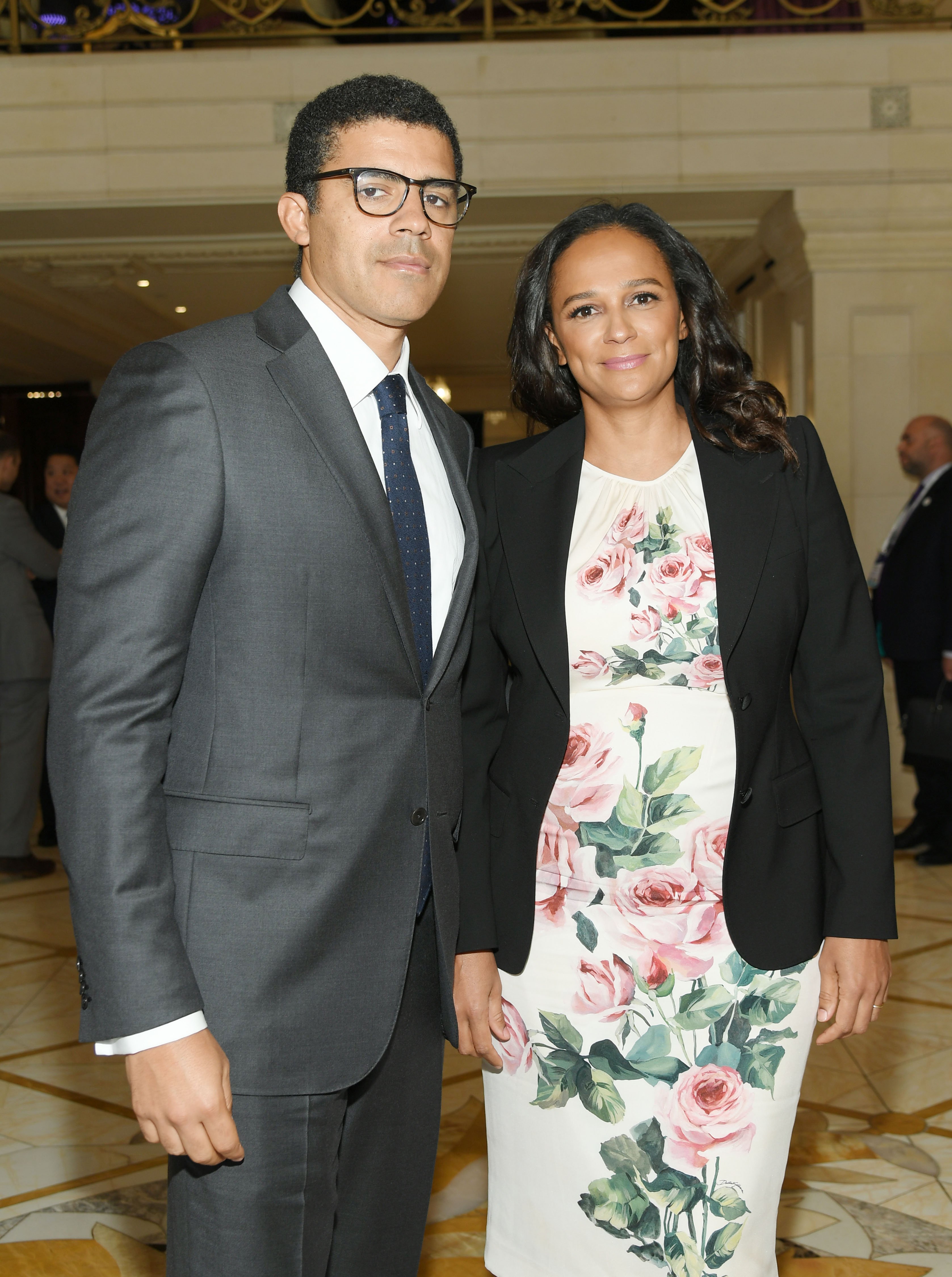
The corruption scandal engulfing husband-and-wife duo Sindika Dokolo and Isabel dos Santos, two of Africa’s most prominent art collectors, has spilled over into the west, tainting Documenta, the quinquennial German art event that Dokolo’s foundation had a heavy hand in supporting for its 2017 edition.
That year, the foundation pumped €340,000 into Documenta’s coffers, handing out €20,000 each to 17 artists, according to the German magazine Kunstforum International.
But now that Angola has frozen dos Santos’s assets, alleging that the daughter of the country’s former president and her associates owe the state more than $1 billion, some are wondering where the Documenta funds truly came from.
The questions, raised by Elke Buhr, editor-in-chief of the German art magazine Monopol, come in the wake of the “Luanda Leaks,” a trove of 715,000 documents that allegedly detail how Dokolo and dos Santos acquired businesses with the use of public money. According to reports, the Angolan state oil company Sonangol, which dos Santos used to chair, sold Dokolo a stake in the Portuguese oil corporation Galp worth €750 million for an initial loan-backed payment of only €11 million.
Speaking to Artnet News when the news first broke about the asset freeze, Dokolo called the allegations a “political vendetta,” and the couple has vowed to fight what they describe as a politically motivated campaign.
Speaking to Monopol earlier this week, Adam Szymczyk, the artistic director of the Documenta’s 2017 edition, said the show’s organizers were unaware of Dokolo’s potential connections to illicit state money.
According to Monopol, Dokolo was linked to the work of Nigerian-born artist Olu Oguibe, who installed an obelisk in a Kassel town square for the exhibition, but Oguibe tells Artnet News that he was not aware of such funding. “To the very best of my knowledge there were no allegations of any misconduct against Mr. Dokolo or his wife in 2015, 2016, or 2017,” says Oguibe. “We’re all reading and watching these stories unfold, and given the way stories relating to Africa are typically scavenged and portrayed in the media, we’re earnestly hoping, also, that due diligence is done to all.”
“Three years ago, when the Sindika Dokolo Foundation provided funding for Documenta 14, we were not aware of such potential problems related to the alleged misconduct of Mr. Dokolo’s wife,” he said to Monopol. “Had this been otherwise, we would certainly have given it the attention it deserved before entering into a partnership with the sponsor.”
But Buhr, who first reported the connection between collector and Documenta, says Dokolo’s alleged ties to corruption were already clear in the lead up to the exhibition.
“The origin of his family’s wealth was already known at the time,” Buhr writes. “Observers must have always found it unlikely that the president’s daughter would have been able to earn billions as a businesswoman in this poor country without taking any advantage.”
In 2018, Dokolo announced a follow up to the Documenta show that was meant to feature 16 artists of African descent who participated in the Kassel exhibition. The show was to be presented at his private foundation in Luanda, Angola, and was to be organized by Bonaventure Soh Bejeng Ndikung, a Documenta 14 curator-at-large, but the show never took place.
As of press time, Ndikung did not respond to Artnet News’s requests for comment.
Over the years, Dokolo has amassed a collection of more than 3,000 works of African art and has been actively working to repatriate looted art objects to African nations. Last year, he bought advertising space in New York’s Times Square to promote his foundation’s restitution efforts.
His foundation has also supported the 1-54 Contemporary African Art Fair. Representatives for the fair declined to comment for this story.
Angola’s attorney general says criminal charges against dos Santos are forthcoming.